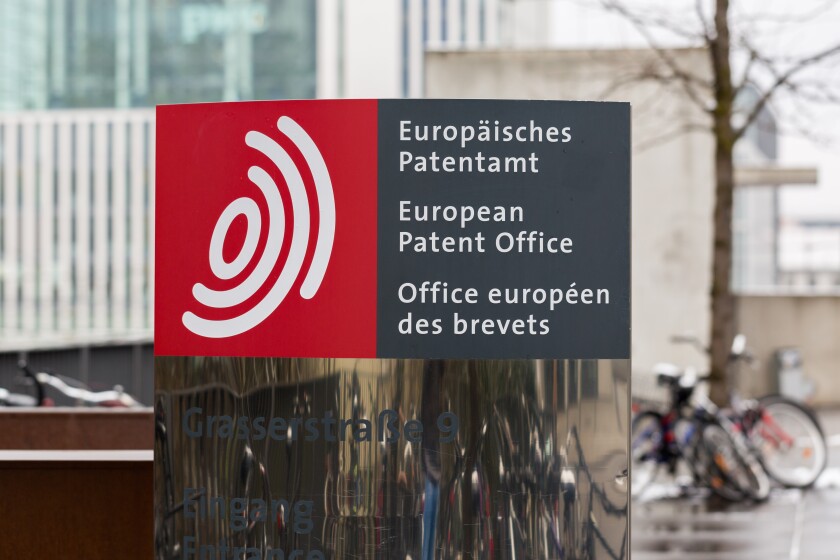On April 16 2024, the Legal Board of Appeal of the EPO rendered a decision, J 1/24, that means a divisional application may be validly filed after grant of the parent patent, if an appeal against the decision to grant the parent patent is in existence on the date of filing the divisional application.
Pursuant to Rule 36(1) of the European Patent Convention (EPC), an applicant may file a divisional application relating to any pending earlier European patent application. Following EPO Enlarged Board of Appeal decision G 1/09, the pending status of a European patent application ceases on the day before the mention of grant is published.
The date of mention of grant of a European patent normally lies approximately one month after the date of the decision to grant, whereas, pursuant to Article 108 of the EPC, the time limit for filing a notice of appeal against a decision expires two months from the date of the decision. As such, the time limit for lodging an appeal normally expires after the date of grant.
Article 106(1) of the EPC provides that an appeal has suspensive effect. Consistently, it is well established practice of the EPO to treat appeals against the grant of a patent as validly filed and to delete the date of grant. Following termination of the appeal proceedings, a new date of grant is allotted, if the conditions for grant are fulfilled at that time.
Following the reasons underlying decision J 1/24, by virtue of the suspensive effect of an appeal against the decision to grant, the application remains pending while appeal proceedings against the decision to grant that application are in existence. Consequently, a divisional application may still be validly filed, even after the parent patent has initially been granted, and even if the appeal is eventually held inadmissible.
The decision opens a door for applicants who wish to extend the period for filing a divisional application beyond the date of grant, or who may want to extend the period for requesting unitary effect and/or the time limit for national validation, to achieve this by lodging an appeal against the decision to grant.











